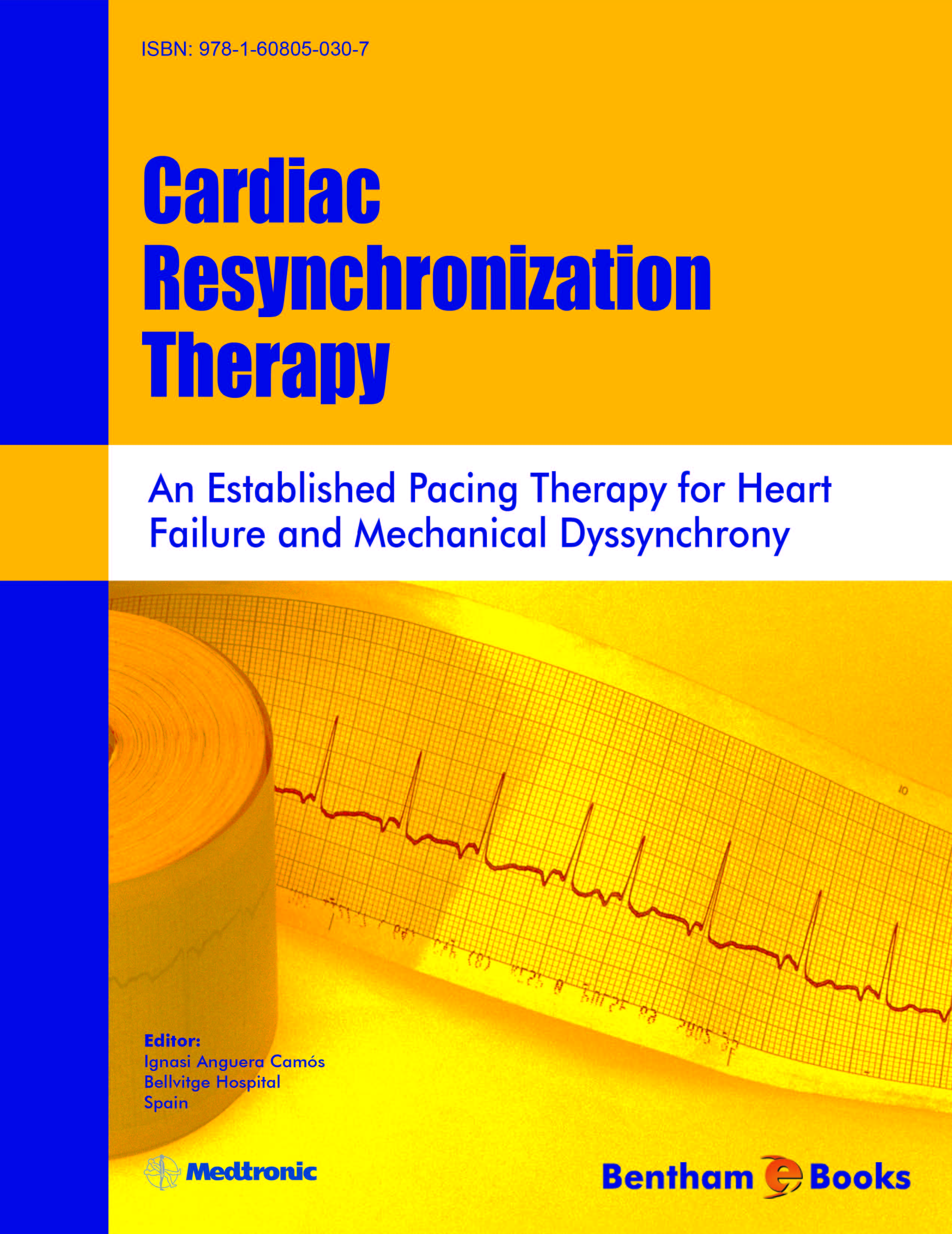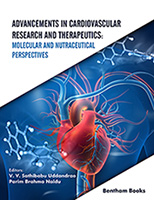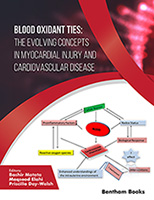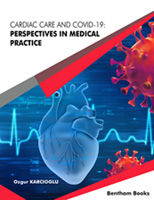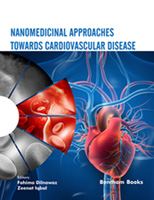Introduction
In recent decades, the prevalence of heart failure has steadily increased and can be considered a contemporary cardiovascular epidemic. Therefore, treatment of heart failure is a primary focus of cardiovascular disease management strategies. Cardiac resynchronization therapy: an established pacing therapy for heart failure and mechanical dyssynchrony provides basic knowledge about congestive heart failure and also covers the evolution of cardiac resynchronization therapy. State-of-the-art information and future directions of this therapeutic tool are explained. As cardiac resynchronization therapy (CRT) is a new therapy which still undergoes rapid advancement, it is imperative to provide updates on key issues. These include technological advances, the unique role of imaging to assess mechanical dyssynchrony, troubleshooting, recent key clinical trials, and the incorporation of monitoring capabilities into CRT or CRT plus defibrillation devices. Cardiac resynchronization therapy is an exciting new option for a growing number of heart failure patients, but CRT systems present special challenges to clinicians, even those accustomed to working with pacemakers.

